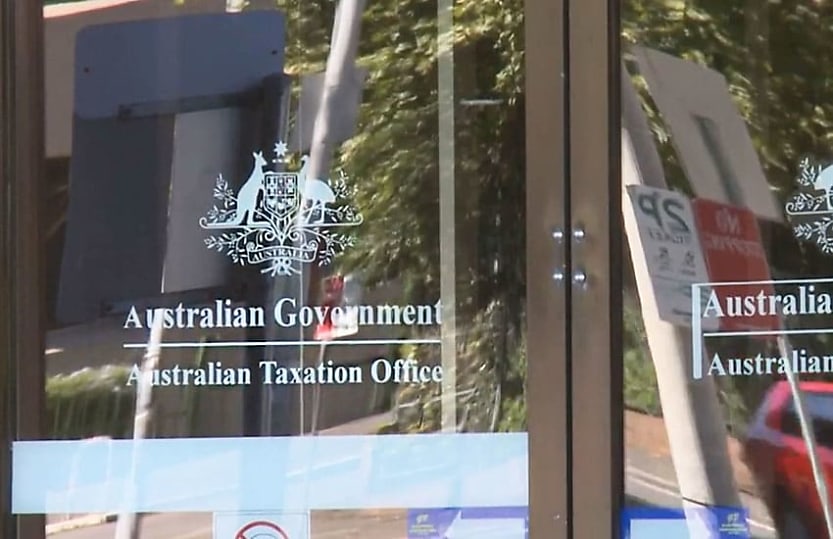ATO ‘scrutinising’ section 109RB requests, practitioners warned

The ATO has cautioned practitioners and their clients not to rely on favourable discretion from the Tax Commissioner for Division 7A obligations.
Tax practitioners and clients have been warned that the Tax Commissioner will only exercise favourable direction concerning Division 7A breaches where a request meets the relevant threshold.
In a recent webinar, ATO assistant commissioner, private wealth, Kasey Macfarlane reminded practitioners that there are several discretions available to the Tax Commissioner where a breach relating to Division 7A arises.
There are two types of discretions available concerning minimum yearly repayments, she said. One of those discretions allows the Tax Commissioner to disregard a deemed dividend arising from a shortfall if there were circumstances beyond the loan recipient’s control affecting their ability to make a repayment, and that the recipient would suffer undue hardship if they were subject to a deemed dividend.
“Similarly, there’s one that allows the Commissioner to extend the time for a borrower to make minimum yearly repayments,” Macfarlane said.
“There’s also another one around debt forgiveness not being treated as a deemed dividend in particular circumstances.”
Macfarlane said the most common discretion that comes up where there is a breach of Division 7A is the section 109RB discretion. This allows the Commissioner to disregard a deemed unfranked dividend under Division 7A or treat the divided as franked in circumstances where the breach has resulted from an honest mistake or inadvertent omission, and circumstances support the exercise of the discretion.
However, she stressed that while this discretion is available, it is not applied automatically.
“There is a threshold requirement that there needs to have been an honest mistake or an inadvertent omission. In the absence of an honest mistake or an inadvertent omission, the Commissioner cannot exercise that discretion,” she said.
In cases where there has been ignorance, lack of care or due diligence, Macfarlane warned that this is unlikely to support a finding that there was an honest mistake or inadvertent omission.
“Similarly, wilful blindness or deliberately not having regard to Division 7A or putting in place arrangements deliberately intended to circumvent Division 7A will also not lead to a favourable exercise of that discretion on the basis of an honest mistake or inadvertent omission,” she said.
“It’s really important that tax advisers and their clients don’t assume or rely on a favourable exercise of the Commissioner’s discretion under 109RB to manage their Division 7A obligation.
“It is to be expected that the ATO or Commissioner will scrutinise requests for the exercise of the Commissioner’s discretion to ensure there has been the requisite honest mistake or inadvertent omission as supported by sufficient evidence.”
Macfarlane said the ATO has been receiving a lot of questions about whether it has cracked down on section 109RB discretion requests and whether it will now be harder to receive a favourable exercise of discretion.
“It is not a crackdown on the exercise of discretion. The discretion has always been there and continues to be there for honest mistakes or inadvertent omission but it has to meet the threshold for it to be exercised favourably,” she said.
“We will be scrutinising [those requests] to ensure that the threshold requirement is met.”
Macfarlane said the ATO is also seeing a lot of requests where the client has relied on advice from an adviser or tax practitioner.
“Reliance on advice from an adviser or tax practitioner is certainly a factor in consideration of the exercise of the Section 109RB discretion,” she said.
“[However], what I will say is that if the adviser hasn't in fact, turned their mind to Division 7A or the client hasn't received any Division 7A advice from that adviser, then it's going to be difficult to say that an honest mistake or inadvertent omission has arisen from reliance on advice by the tax practitioner.”
Macfarlane said the ATO expects tax practitioners with private company clients to be aware of the core provision of Division 7A and that they will have conversations with their clients and review the information to form a view as to whether Division 7A is an issue.






